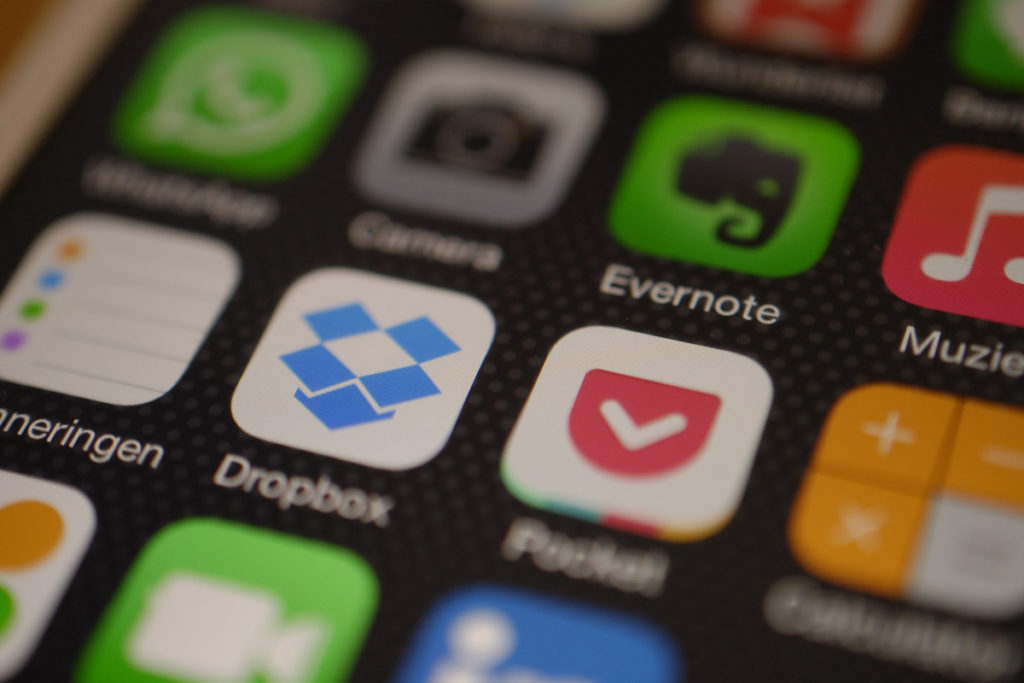
Tech guru Geoff Augutis explains Dropbox scams, how to avoid them and what steps to take if you have been targeted.
Viruses, scams and hack attempts have become part of our everyday life while operating online.
The scams and hack attempts range from nasties that can attach themselves from a dodgy website, right through to tracking links within emails posing as companies such as Auspost.
The past month however has seen one such attempt spreading like wildfire through local businesses, this time involving the popular Dropbox.
With file sharing becoming a common interaction between businesses and individuals, services like Dropbox are on the up and up.
Dropbox allows you to send larger files, groups of files and data between parties through an email link that they can download at the other end.
The latest Dropbox scam involves a trusted contact being hacked.
This is usually someone who you have done business with or at very least has you on their contacts list.
Once the scammers hack the 3rd parties Dropbox, they add a file to infect your computer and share it to you via email.
The reason this is so effective is the file share notification does actually come through from no-reply@dropbox.com and it is also coming from someone you most likely know.
Lately the document name has been something like “Business Proposal from xxxxx”.
Upon clicking the link, the victim is asked to log in to access the file.
This then gives your login details to the original hacker and your email/Dropbox is subsequently compromised.
Once your details are compromised the scammers begin the whole process again, this time using your details and sending it to your contacts.
If you become the victim of one of these attacks, first port of call should be to change all passwords, not only for Dropbox but anything that uses those details.
Next you should ensure you contact anyone who may have been contacted “by you” in the scam.
We can’t ever be 100 per cent sure that we are safe online, however keeping up to speed with the latest scams and hacks can help us be on the lookout. Securing your details and data in 2020 is more important than ever before.
- Other news: Red-hot tech gifts for Christmas








